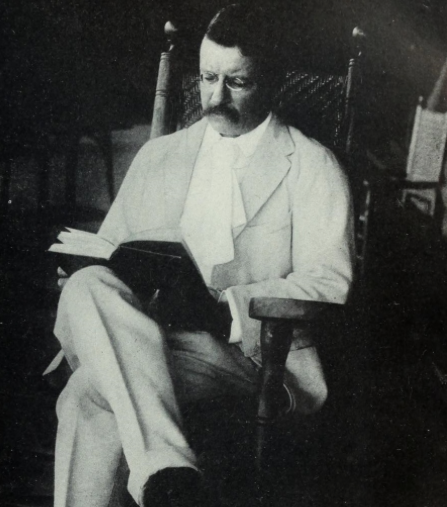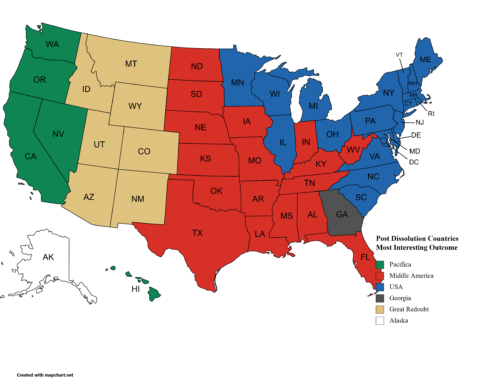May I offer you a challenge?
Carefully consider the following question: As a CEO or senior leader, how willing are you to learn?
It may seem like a simple question. It may seem not worth your time. But indulge me for a minute. Go down the hallway to the rest room or close the door to your office and look at the mirror and ask yourself, in private, where nobody will know…how willing are you to learn?
This may be the key question to you and your success in business, government or whatever field you are in. Nobody is going to question your will to succeed, or your desire to be the best. This question is about whether you are willing to spend the time and effort to stand apart from the pack when it comes to learning, and setting the example for your organization.
I’ve had doctors who told me that the new stuff my other doctor was saying about an issue had to be quack science because that wasn’t what they were taught 40 years ago in medical school. I asked whether they read specific articles in the leading journals on the topic. No, there wasn’t time, given the patient load. I’d say that even if these doctors had all the time in the world, they wouldn’t read the articles because they weren’t interested in learning. Likewise, we’ve all heard about a certain person of late who wants to lead the United States say repeatedly that he doesn’t ever read books because all he needs to know he can figure out for himself. Where to even start on that one…?
I can’t stress more strongly the importance of continuing to learn until well after you are out of the big chair. Once you become a leader, whether a first level supervisor, a mid-level manager, or sit in the C-suite, you have to accept that the variables change values, new variables come into the equation, previous variables disappear, and you have to know how those variables affect your operations.
You might say, “I know where my raw materials come from, how my operation makes my product and who ships it out. What else do I need to know?” If you aren’t interested in what might disrupt any of those steps, or what new opportunities you might have, then continue to roll the dice and hope that today looks like tomorrow.
How certain are you of your power situation in your operations? Well, we have generator backup. when was the last time you fired up the generators and actually run the operation on them? How old is the fuel in the tank? Do you have an assured supply if you have to use the generators for a week? If you have disruptions in your supply chain, how long can you weather it?
How do you evaluate yourself? Have you ever been through a program where you are specifically taught to objectively evaluate others and evaluate your own performance? This is the essence of learning for senior leaders. Can you seek out new information that is relevant to your operation? Can you incorporate that new information into your decision process? Can you evaluate how the changes based on that new information affects your bottom line?
Not long ago, I sat in a CEO’s office and was told how the company was looking to turn around really soon because they were negotiating with a country for a major contract. It turns out that neither the CEO nor those he relied on knew that the person they were speaking with was not in any way authorized to speak for that country, and that the country in question makes broad sweeping statements that Americans hear as firm agreements, but that the country considers aspirational at best. That contract never went anywhere. The company had to lay off a lot of workers. I’m not saying that the firm shouldn’t have sought the contract. I’m saying that with some relatively simple study, perhaps some phone calls, the firm wouldn’t have set such high expectations with this potential client to the exclusion of others.
There is always time for a CEO or senior leader to study. You don’t have to go to the library, although that wouldn’t be so bad. It can be with a book at your desk. It can be with peers over beers. It can be at a senior leader retreat, a conference, or the BGCTS Leadership Experience. Yet, in my experience, I have seen few who make time for it. They’re always too busy. But that busyness is a risk decision. You can make time for study if you believe it will help you in the long run.
And if you want to study, but aren’t sure where to start, call someone who might have some ideas to help you. There are people out there with reading lists ready to give you. Others will talk to you personally to develop a specific study program for you. Call me. I’d be happy to help with a personally tailored program specific to your needs. But no matter what, study.
What does the person in the mirror say?
keep thinking…






Leave A Comment